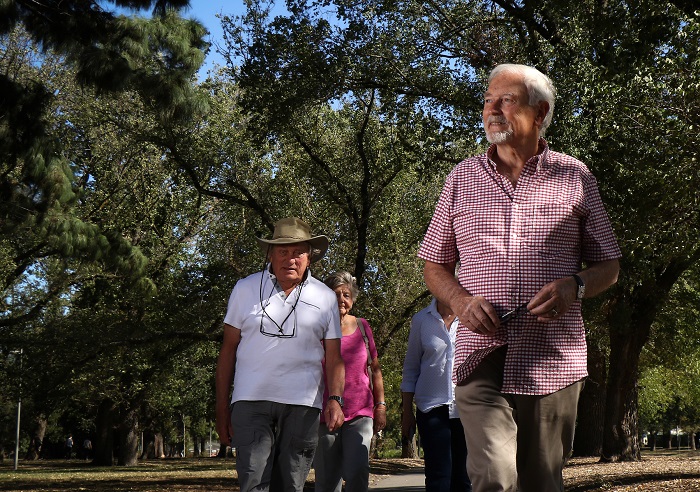
People with complex issues that cannot be managed by traditional medical care alone will soon have better links to community services through their GP, through the introduction of a ‘social prescribing’ model supported by North Western Melbourne Primary Health Network.
Social prescribing enables GPs to refer patients whose health is being affected by non-medical factors, such as housing, financial stress, health literacy or social exclusion, to a range of community services that can help address these concerns.
NWMPHN is funding IPC Health, in collaboration with Victoria University and Brimbank City Council, to develop and test the model. A Community Link worker will be placed into the IPC Health Deer Park centre to better connect GPs and patients with local non-clinical services, which could include anything from volunteering to arts and sporting clubs.
NWMPHN CEO Adjunct Associate Professor Christopher Carter said social prescribing could help in in a variety of situations, such as when a person with complex chronic health conditions tells their GP they feel lonely and lack social support.
“The GP can then refer them to the Community Link Worker, who would work with the patient to determine some goals and link them in with services or groups which can help fulfil those goals,” A/Prof Carter said.
Initiatives like social prescribing are part of a broader push towards taking a more holistic and personalised approach to health.
“You can’t cure social isolation, or poor eating or exercise habits, with a pill or a procedure. Yet these things have a huge impact on our health.
“We need to look beyond just the medical solutions if we are going to make real progress in reducing rates of chronic and complex health conditions in our community.”




